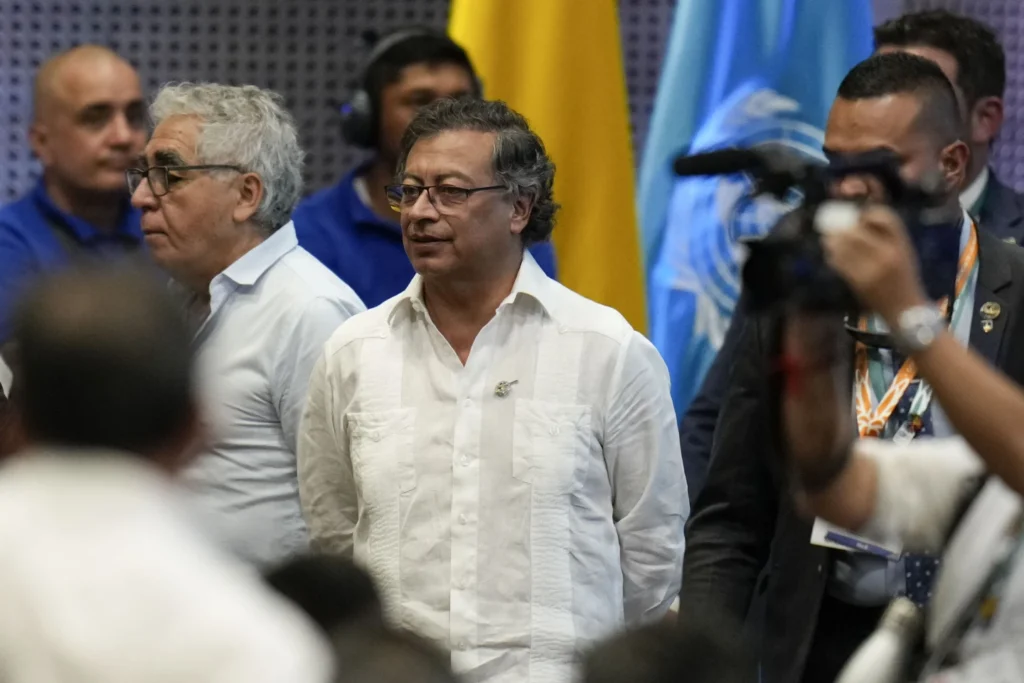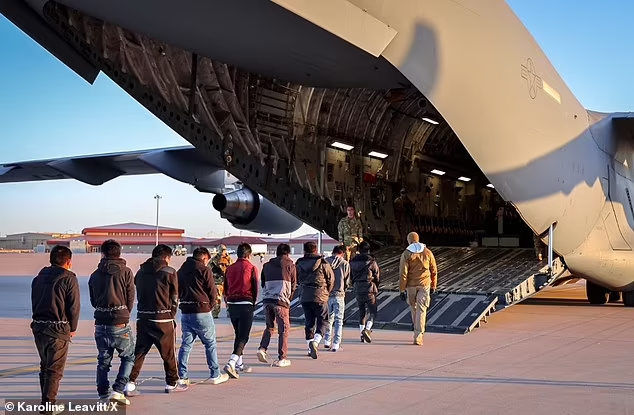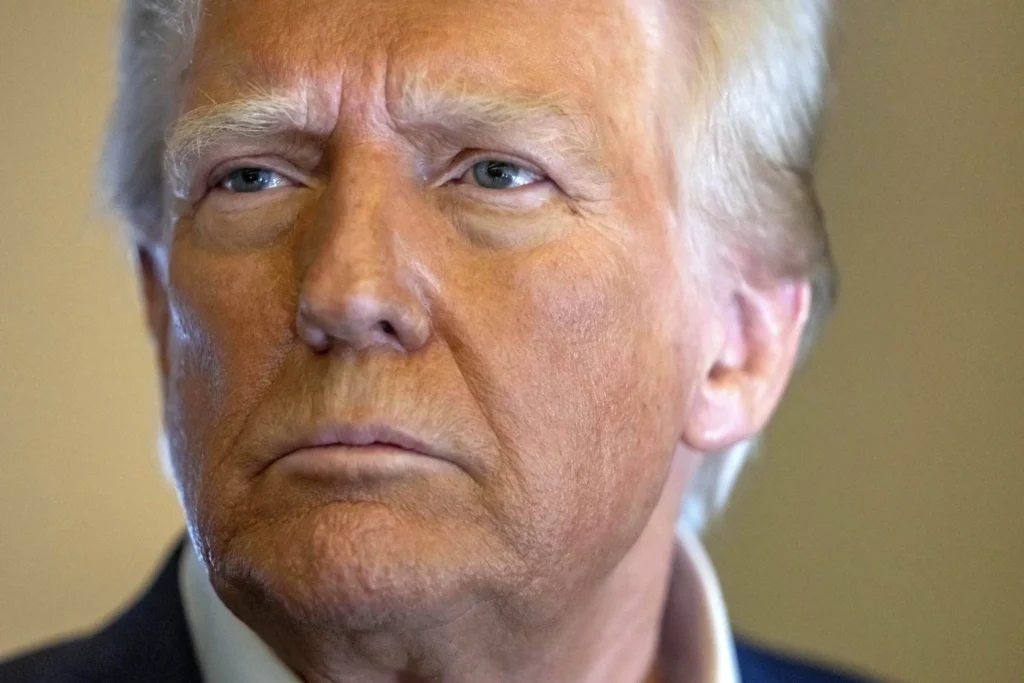Colombian President Gustavo Petro announced Sunday that his government will impose a 25% tariff on U.S. imports in direct retaliation to President Donald Trump’s sweeping tariffs and sanctions. The move escalates tensions after Colombia denied landing rights to two U.S. military flights carrying deported migrants. Trump had claimed the rejection endangered U.S. national security.

In a post on X, formerly Twitter, Petro stated, “I have instructed the foreign trade minister to raise tariffs on all U.S. goods by 25%.” The tariff increase mirrors Trump’s earlier announcement of similar measures against Colombian imports.
The conflict erupted after Trump’s administration launched deportation flights aboard U.S. military aircraft as part of its new immigration crackdown. When Colombia turned away two flights carrying migrants, Trump responded with tariffs, visa restrictions, and financial sanctions targeting the South American country.
“These measures are just the beginning,” Trump posted on Truth Social. “We will not allow the Colombian Government to violate its legal obligations regarding the acceptance and return of the criminals they forced into the United States.”
Earlier on Sunday, Petro criticized the U.S. deportation protocols, citing the treatment of migrants as inhumane. Sharing footage of migrants deported to Brazil in restraints, Petro declared, “A migrant is not a criminal and must be treated with the dignity that a human being deserves. We will receive our fellow citizens on civilian planes, not like criminals.”
Colombia’s response marks a sharp deterioration in trade relations with the U.S., its largest trading partner. Two-way trade between the countries amounted to $33.8 billion in 2023, with Colombian exports accounting for $17.7 billion of that total. The U.S. is a key market for Colombian oil, coffee, coal, and flowers—products that may now face significant disruptions.
The tariffs come at a critical time for Colombia’s flower exports, particularly with Valentine’s Day approaching, a peak season for the industry. Trump’s sanctions and enhanced customs inspections on Colombian goods threaten to delay shipments, potentially driving up flower prices in the U.S.

Trump’s administration has declared illegal immigration a national emergency, with deportation flights being a key strategy in the crackdown. Two U.S. Air Force C-17 cargo planes carrying deported migrants recently landed in Guatemala, while Honduras received two flights carrying 193 people. These actions reflect Trump’s efforts to make good on campaign promises to reduce illegal immigration.
Colombia had previously cooperated with the U.S. on deportation flights, accepting 124 flights in 2024 alone, according to advocacy group Witness at the Border. However, Petro’s recent refusal to accept the U.S. military flights signals a shift in policy under his administration, which has called for more humane treatment of migrants.
Colombia’s retaliatory tariffs align with growing regional frustration over Trump’s immigration policies. Brazil recently condemned the “degrading treatment” of its citizens on deportation flights, and Mexico has resisted imposing visa restrictions on Colombians despite pressure from the U.S.

The escalating trade war could have broader economic consequences. Unlike China or Mexico, Colombia has a trade deficit with the U.S., totaling $1.4 billion in 2023. Analysts warn that increased tariffs could strain Colombia’s economy, which relies on access to U.S. markets for key exports.
“This is a clear message we are sending that countries have an obligation to accept repatriation flights,” a senior U.S. official told The Associated Press, speaking anonymously.
Petro, a former leftist guerrilla, has taken a firm stance against what he views as unfair U.S. policies. In a statement, his government announced that Colombia’s presidential aircraft would be used to bring deported migrants home under “dignified conditions.”
While the tariffs represent a bold move by Petro, experts warn of significant risks. Colombia relies on the U.S. for about one-third of its exports, amounting to 4% of its GDP.
“The relationship between Petro and Trump has started on the wrong foot, and this could lead to additional challenges,” said Alejo Czerwonko, Chief Investment Officer for Emerging Markets Americas at UBS Global Wealth Management.
Trump has threatened to raise tariffs on Colombian goods to 50% within a week if no resolution is reached. The administration has also hinted at extending tariffs and sanctions to other countries that resist deportation flights.
With the U.S. presidential election approaching, Trump’s hardline immigration policies are likely to remain a focal point of his campaign. However, the economic and diplomatic fallout from these measures could complicate relations with key trading partners in Latin America.



